The Art of Maceration: Why Patience Makes Perfect Perfume
What Is Perfume Maceration? Why Your Fragrance Smells Better With Time
If you’ve ever noticed a perfume smelling richer, smoother, or more “put together” after sitting for a while, you’ve already experienced maceration; even if you didn’t know the name for it.
Maceration is one of the most important and least talked-about steps in perfumery. It’s the quiet phase. The waiting phase. The part where a fragrance stops smelling like individual ingredients and starts smelling like a perfume.
Let’s break it down.
- What is perfume maceration
- Perfume maceration process
- Why perfume smells better over time
- Perfume aging vs maceration
- How long should perfume macerate
What Exactly Is Maceration in Perfumery?
Maceration is the process of allowing fragrance oils to rest and fully blend with their base, usually alcohol and a small amount of water. During this time, the ingredients chemically and aromatically integrate, creating a smoother, more balanced scent.
Think of it like marinating food.
When you first mix the ingredients, everything is present — but separate. With time, the sharp edges soften, the flavors deepen, and the whole thing becomes more cohesive.
Perfume works the same way.
Without maceration, a fragrance can smell harsh, thin, or unfinished. With proper maceration, it becomes round, layered, and long-lasting.
Why Maceration Matters in Perfume
Maceration isn’t optional if you want a high-quality fragrance. It’s where craftsmanship shows up.
Here’s what maceration actually does for a perfume:
It creates depth
Top, middle, and base notes don’t fully behave like a fragrance until they’ve had time to integrate. Maceration allows them to unfold naturally instead of competing for attention.
It improves longevity
Well-macerated perfumes tend to last longer on skin because the composition is more stable and evenly distributed.
It smooths harsh notes
Freshly blended perfumes can smell sharp or alcohol-heavy. Maceration mellows those rough edges, especially with naturals, resins, woods, and spices.
It reveals hidden nuances
Some notes don’t fully appear until the fragrance has rested. Maceration allows subtle facets to emerge over time.
This is why rushed perfume smells rushed.
Fresh Bottle vs. Aged Bottle: Why They Smell Different
This is one of the most common perfume questions — and maceration is the answer.
Fresh bottles
A newly made perfume may smell brighter, sharper, or slightly unbalanced. You might notice strong top notes or a thinner overall profile.
Aged bottles
Over time, maceration continues inside the bottle. The scent becomes deeper, smoother, and more cohesive. Notes feel blended rather than stacked.
This difference is especially noticeable in small-batch and artisanal perfumes, where natural ingredients vary and blends aren’t forced into uniformity.
That’s not inconsistency.
That’s craftsmanship.
How Long Should Perfume Macerate?
There’s no single answer: maceration time depends on the formula, ingredients, and desired outcome. But here’s a general guide:
Short maceration (1–2 weeks)
Best for light, fresh, citrus-forward fragrances that don’t need much settling.
Standard maceration (3–6 weeks)
Ideal for most perfumes. This allows full integration without over-aging.
Extended maceration (2–3 months)
Perfect for fragrances with woods, spices, ambers, resins, or gourmands. These notes deepen dramatically with time.
Long aging (6+ months)
High-end and artisanal perfumes may rest for six months to a year or longer, resulting in exceptional smoothness and complexity.
Maceration is slow on purpose.
You can’t rush depth.
Can You Speed Up Perfume Maceration?
Short answer: not really — at least not without tradeoffs.
That said, professionals sometimes encourage blending with controlled techniques:
Stable warmth
Keeping perfume at a consistent, moderate temperature can help ingredients integrate. Avoid heat extremes, which damage delicate notes.
Gentle movement
Slow, gentle swirling (not shaking) can help oils distribute evenly without introducing excess oxygen.
Ultrasonic blending
Used in professional labs, ultrasonic waves can speed molecular integration — but this isn’t practical or recommended for consumers.
The truth?
Time always wins.
A perfume that’s allowed to macerate naturally will outperform anything rushed.
How to Store Perfume So Maceration Continues Properly
Storage matters just as much as blending.
To protect your perfume and allow it to age gracefully:
- Store in a cool, dark place
- Avoid sunlight and heat
- Skip bathrooms with temperature swings
- Keep bottles tightly sealed to limit oxidation
Good storage doesn’t just preserve perfume; it allows maceration to continue slowly and safely.
Why Maceration Is Essential in Natural Perfumery
Maceration is especially critical for perfumes made with natural ingredients.
Essential oils, absolutes, and botanical extracts are complex and variable by nature. They often need more time to harmonize than synthetics.
That’s why natural and niche perfumes feel alive.
They evolve.
They deepen.
They change subtly over time.
Maceration isn’t a flaw.
It’s the point.
Why Understanding Maceration Changes How You Experience Perfume
Once you understand maceration, you stop judging perfume too quickly.
You expect evolution.
You allow space for growth.
You notice nuance instead of demanding instant payoff.
Maceration is patience rewarded.
It’s the difference between something that smells good and something that feels complete.
Why Maceration Is the Quiet Art of Perfumery
Maceration doesn’t show up on labels.
It doesn’t photograph well.
It doesn’t make noise.
But it’s where perfume becomes perfume.
It’s where ingredients stop competing and start telling a story together. Where sharp edges soften. Where time does what technique alone cannot.
So if a fragrance smells better a month from now than it did today?
That’s not luck.
That’s maceration doing its job.
And once you know what to look for, you’ll never smell perfume the same way again.
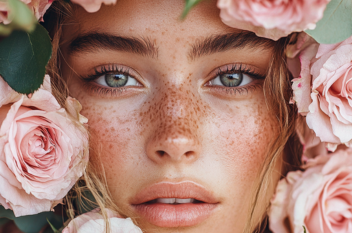





















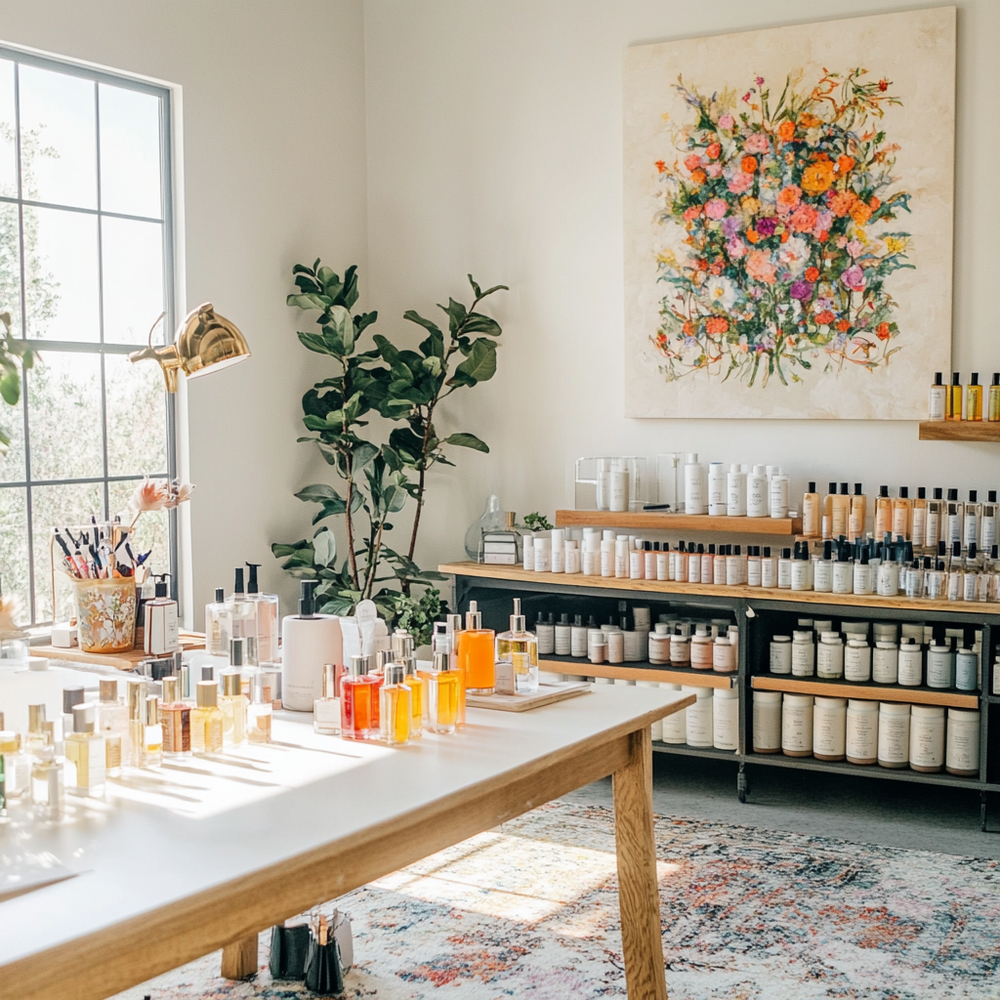



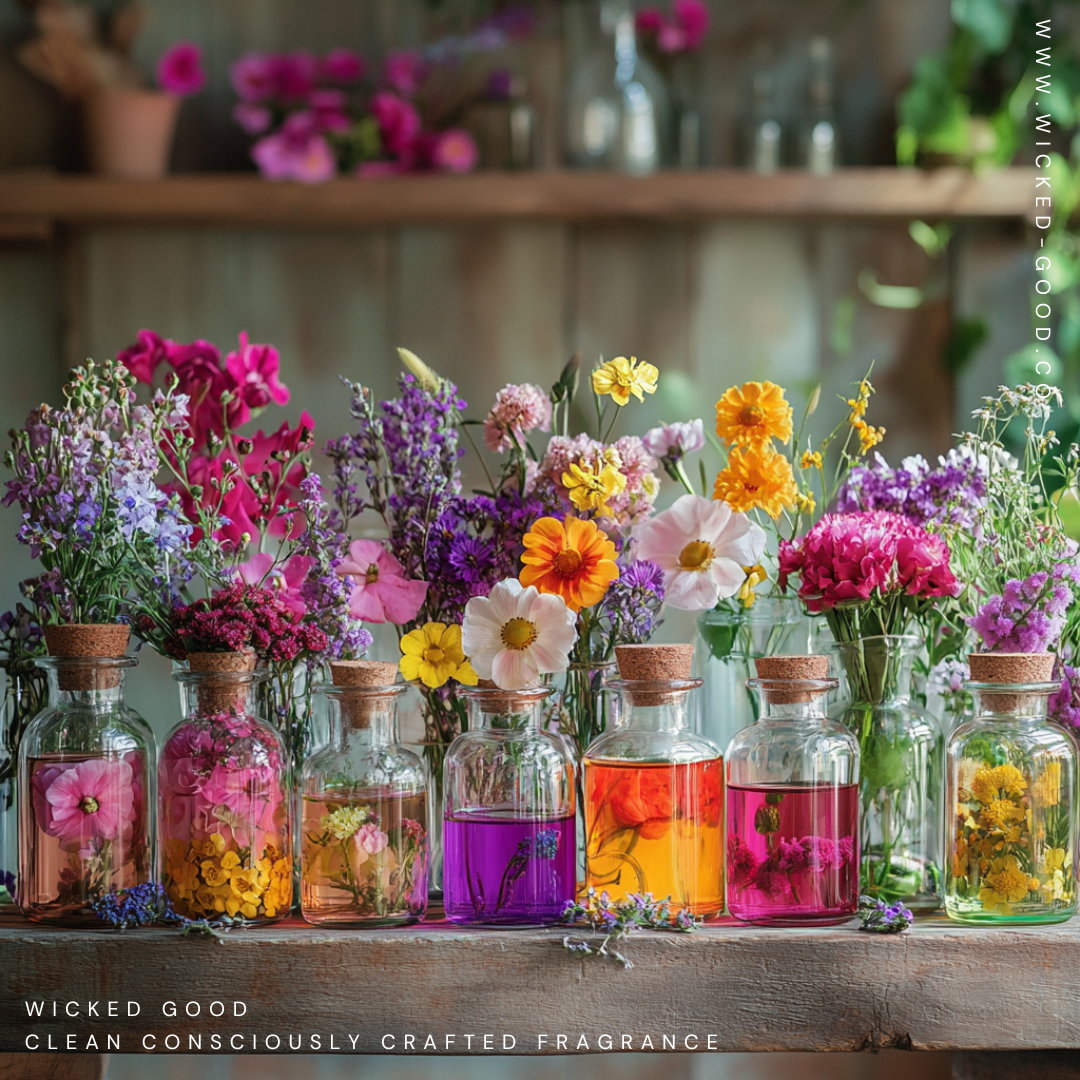
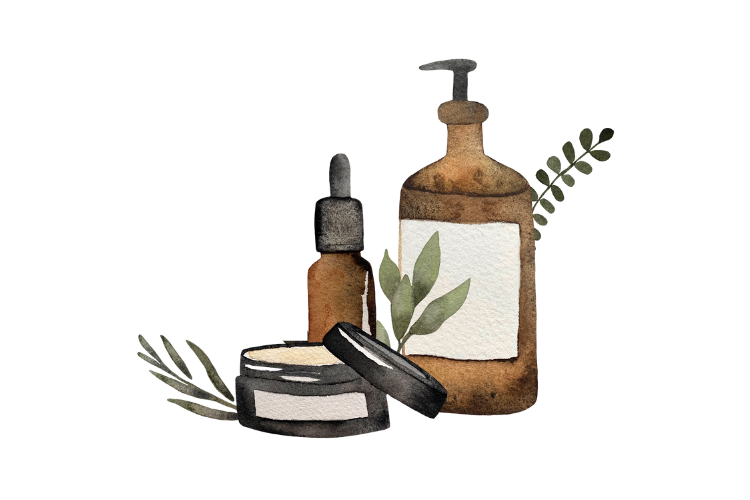

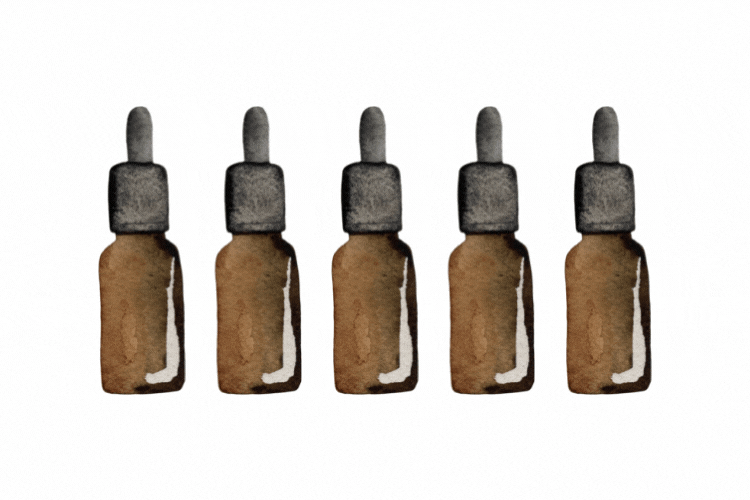
Leave a comment